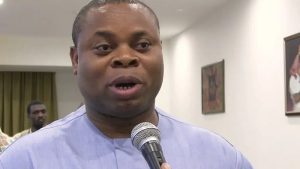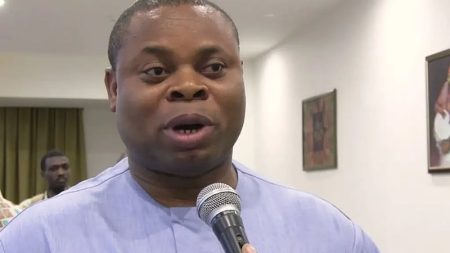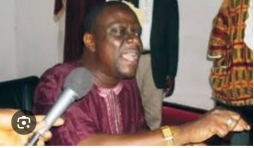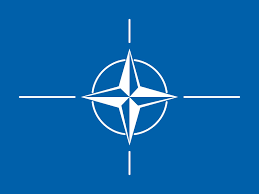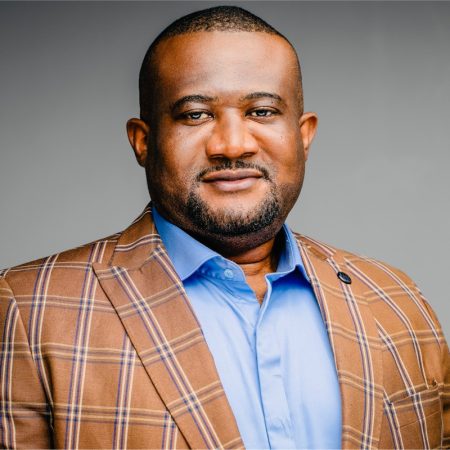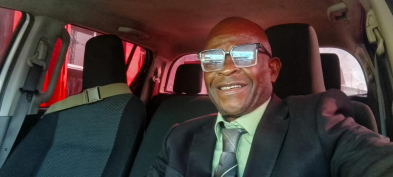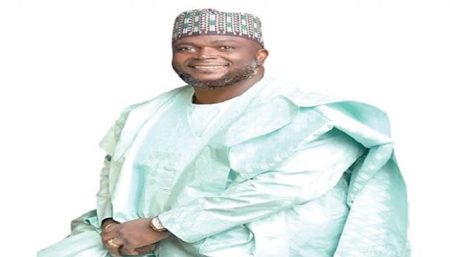The Delta State House of Assembly convened a crucial stakeholders’ meeting to address the persistent friction between oil companies and host communities, aiming to foster dialogue and collaboration in resolving long-standing grievances. The meeting, organized by the non-governmental organization Search for Common Ground, sought to provide a platform for open communication and the development of sustainable solutions for the betterment of all parties involved. However, the conspicuous absence of oil company representatives cast a shadow over the proceedings, drawing sharp criticism from the Deputy Speaker of the Delta State House of Assembly, Mr. Arthur Akpowowo, who expressed his disappointment at their failure to engage directly with the affected communities. This lack of participation underscored the ongoing challenges in establishing meaningful communication and accountability within the oil and gas sector.
The Deputy Speaker, while acknowledging the setback posed by the oil companies’ absence, urged stakeholders to capitalize on the ongoing amendment process of the Petroleum Industry Act (PIA) to advocate for their rights and demands. He emphasized the importance of seizing this opportunity to strengthen the legal framework governing the relationship between oil companies and host communities, ensuring that their concerns are adequately addressed and their interests protected. The PIA amendment process presents a critical juncture for implementing changes that can foster greater transparency, accountability, and equitable distribution of benefits derived from oil and gas operations.
Mr. Vincent Oyibode, Chairman of the Udu Local Government Area, highlighted the urgent need for strong leadership, effective implementation of existing regulations, and strategic amendments to address the persistent challenges plaguing the relationship between oil companies and host communities. He stressed the importance of enforcing environmental regulations in accordance with international best practices, emphasizing the need to mitigate the significant pollution affecting oil-producing areas. Oyibode’s remarks underscored the importance of a multi-faceted approach, combining regulatory oversight, community engagement, and adherence to environmental standards to achieve sustainable solutions.
The stakeholders’ meeting, themed “Strengthening Accountability Between Communities and Oil Companies,” served as a vital platform for open dialogue and the exploration of collaborative solutions. Mr. Solomon Adejo, Sub-Component Manager of Search for Common Ground, emphasized the meeting’s objective of fostering trust and promoting a cooperative approach to resolving the historical challenges that have strained the relationship between oil companies and host communities. The focus on accountability and collaborative problem-solving aimed to create a framework for constructive engagement and sustainable partnerships.
By bringing together representatives from various stakeholder groups, including community leaders, government officials, and civil society organizations, the meeting sought to create a space for shared understanding and the development of mutually beneficial solutions. The discussions centered on identifying the root causes of past disagreements, exploring pathways to address accountability gaps, and fostering a more transparent and equitable relationship between oil companies and the communities impacted by their operations. The emphasis on open communication and collaboration aimed to build trust and pave the way for sustainable partnerships.
Mr. Kenneth Ogeibiri, Zonal Head of the National Oil Spill Detection and Response Agency (NOSDRA), underscored the significance of the meeting in harmonizing the perspectives of various stakeholders, particularly oil companies, host communities, and regulatory bodies. The meeting provided a platform for aligning interests and addressing concerns related to environmental protection, community development, and the equitable distribution of benefits derived from oil and gas operations. NOSDRA’s participation highlighted the importance of regulatory oversight and the need for effective mechanisms to address environmental issues and ensure compliance with industry standards.


